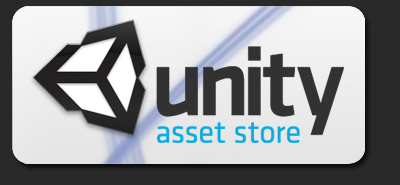
Licensor grants to the END-USER a non-exclusive, worldwide, and However, in general terms, Unity asks all publishers to agree to a common license, and it does not limit the content to Unity (as of September 2016): What I take from there, regarding your question, is that you shall check each Asset particular license, especially as some may include Open Source content which license must prevail. I have read through ASSET STORE TERMS OF SERVICE AND EULA (all caps from the original). Interesting question, as this impacts freedom of developers creating games in Unity that may need to move to a different framework over the time (and thus take some of the free or purchased assets outside Unity).

In regards to your query, yes this is correct, all assets downloaded will go into the directories previously mentioned. His reply confirms that yes, it does include assets you do not need to actually purchase. Reasons include processing the assets through the same system, that still expects and processes a sale price (sometimes behind the scenes), and in order to issue a receipt of the transaction (which is just as valuable if you ever need to prove that Unity provided these assets to you for free, in the first place).Īs per request, I replied to Alex and asked if this would include the free assets. It is also not uncommon for users to have to "purchase" free assets, although the price should still be listed as $0. Note that it is common for all assets to be referred to as "purchased" once the user acknowledges acquisition, be it through a checkout system or through initiating the download. Having been asked if any asset could be used in a competing engine, or even in a custom home-brewed engine, the reply was "In short yes this is allowed". In some cases, they may decide that pre-existing legal documentation such as a EULA is overridden, due to other unforeseen issues such as common use and precedent.Īll legal mambo-jumbo aside, I took the liberty of asking a Unity representative through contacts they provide on the website. If the case still makes it to court, it is still up to the judging party (often a jury, but again, this may not always be the case) to decide. It does not even mean that they will lose their case, if they sue you. That does not mean the Unity team (or any other involved party) can not sue you. For example, you might be legally allowed to use the assets in a competitors engine. To make matters more difficult, you can be sued for anything. The only catch appears to be that you must download the assets through Unity, and that you are purchasing a license for the asset.Īll that aside, I am not a lawyer. To me, it infers that you are free to do so.

The information you seek is readily available through the Asset Store ToS and EULA.


 0 kommentar(er)
0 kommentar(er)
